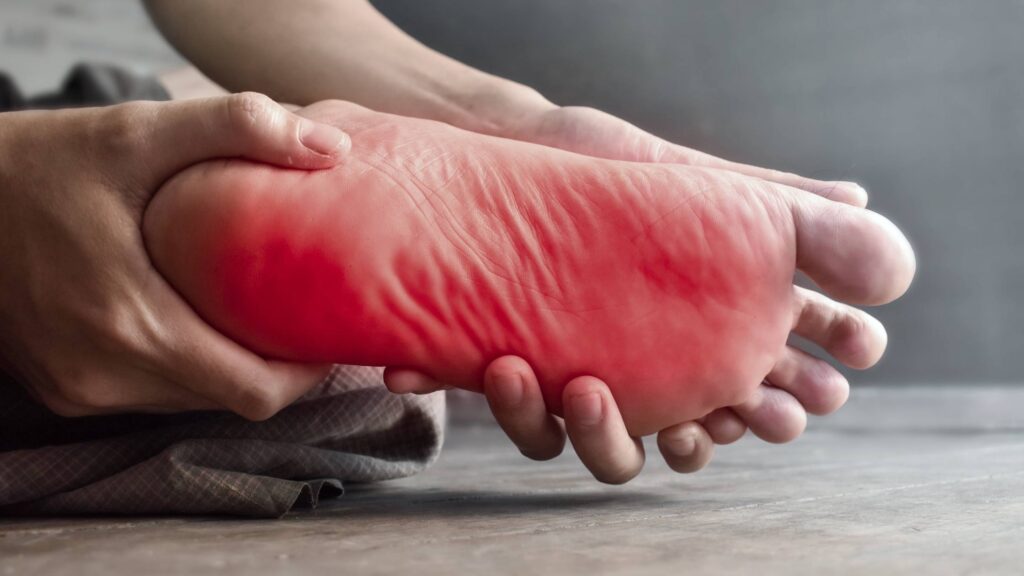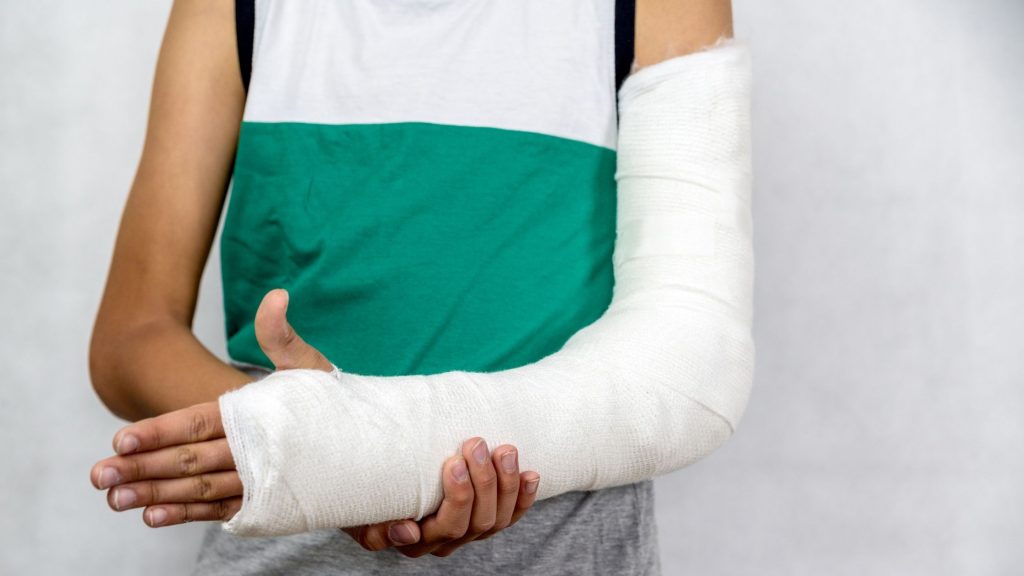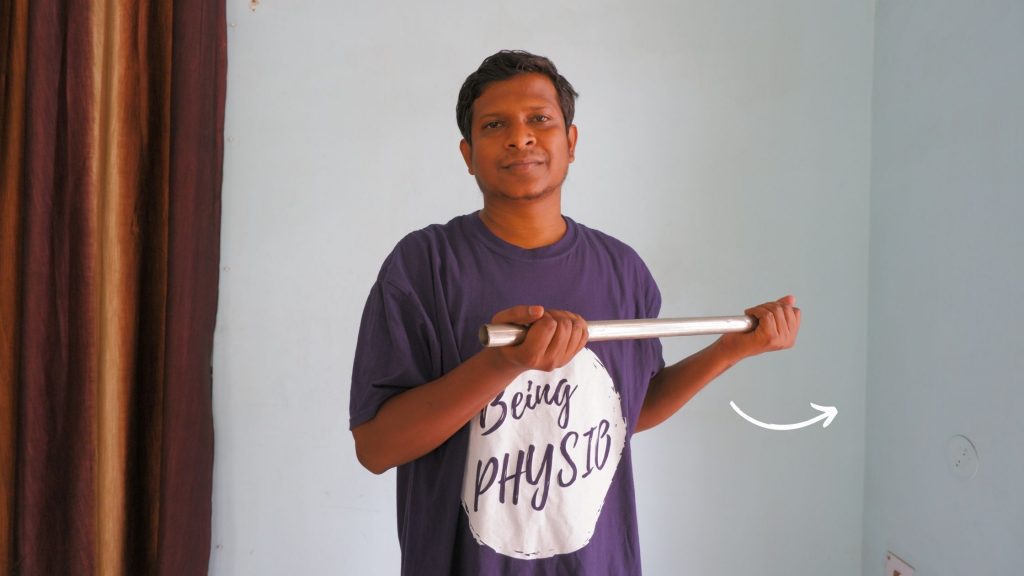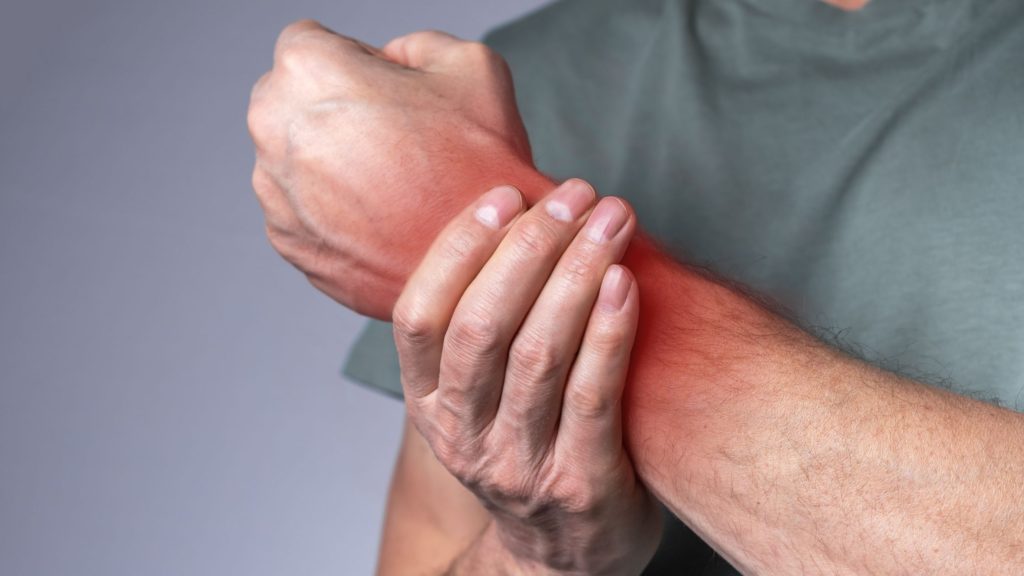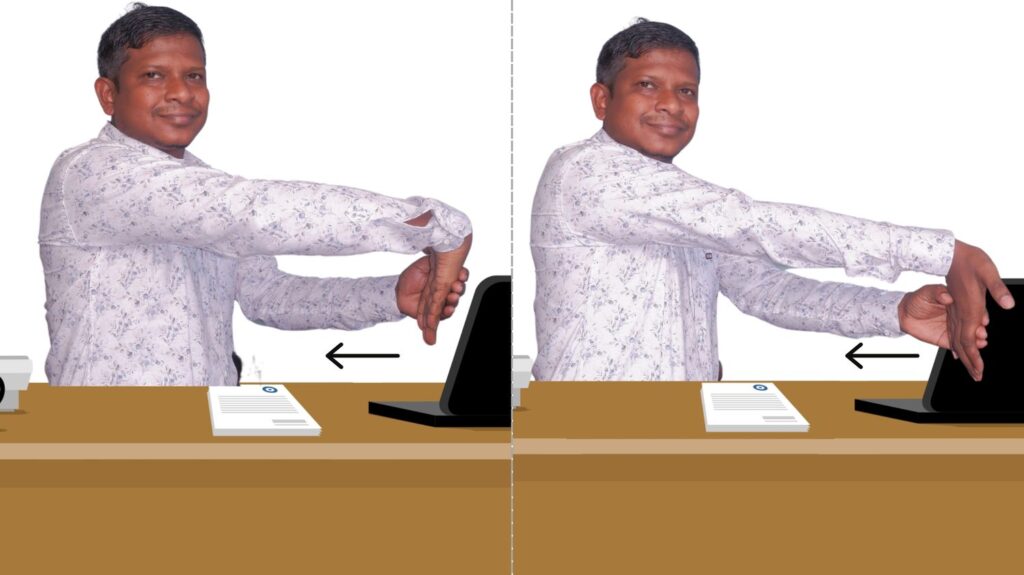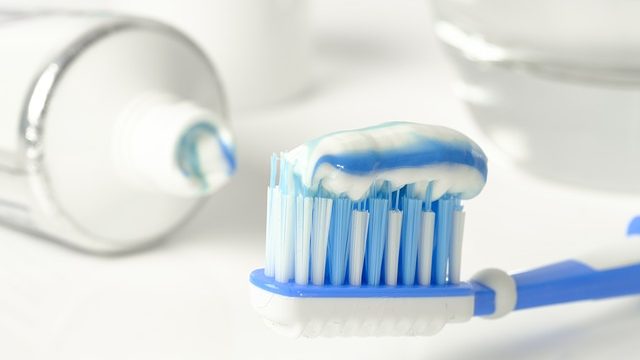Last updated on December 4th, 2020 at 06:04 pm

How to prevent joint pain in winter?
Winter has arrived and so do the winter joint pain. Joint pains such as low backache, neck pain, knee pain become extremely common. But, this is not limited to this only.
Fortunately, you can easily manage such kinds of pain with simple tips and a few things that are easily available in the home. You just need to have authentic information.
In this article, we are going to cover these tips and the exact step by step process to do it. Apply these tips and you are sure to get relief from winter pain.
Table of Contents
How to prevent joint pain in winter
The chronic pain or let us call it old pain that remains suppress during summer begins to flare up during the winter. The old accidental pain, heel pain becomes worse with the advancement of winter. Dealing with such kind of pain becomes both challenging and frustrating. Many of them start taking analgesics (pain killers) which not only give just momentarily pain relief but regular consumption can be harmful in a long run.
I am dealing with winter pain for the last 12 years of physiotherapy practice. During these years I have come up with a list of few common pain complain which I usually encounter with during the winter.
Though,I have tried to include as many points as possible but this list is not exhaustive.
- Chronic low back pain.
- Neck pain.
- Pain around the shoulder.
- Knee pain.
- Heel pain.
- An old injury or fracture pain.
- Tennis elbow pain.
The actual tips
Now, let’s come to the actual tips to relieve such body ache during winter. The principle is to encounter the winter with heat treatment. There is the various mode of heat treatment and all have its own pros and cons it is up to you which one would be suitable for you.
All the heating agent have overall same effect on our pain, the only difference is in its ease of use or application.
These heating agents could be:
- Hot water bag.
- Electrical heating pads.
- Hot fomentation.
- Infra red lamps
According to the availability and you convenience you choose any one of them. Another important thing you require for these tips is pain balm/ ointment. It could be the one you regularly use in your home or you may get a better one from a chemist.
Having said this let us proceed to the step-by-step of the actual process it require.
Step-by-step process
So you need two things, the first one is any suitable heating agent and the second one is pain balm/ointment. Although it may sound silly the actual secret lies behind its way of application.
Step 1
Many times I have heard that health professionals advise their patient to apply the pain balm after the application of heat treatment. But I suggest my patient to apply the balm before heat application.
So, the first step would be to apply pain balm over the painful/ tender region and massage it gently and leave it for 10 minutes. This allows the body to absorb the balm and penetrate to the deepest level.
Step 2
After the application of pain, balm leave it for 10 minutes and then apply the heat treatment. So the second step involves the application of heat treatment. As I have already mentioned, it’s up-to you to choose the most suitable heating application agent.
Application of heat after the application of balm has tremendous effect on pain. It gives almost instant relief in pain and this is why I recommend this step as second step.
Final words
Though the tips may sound very simple, it has a miraculous effect on the pain that triggers during winter. Having said this, I would like to also add that this tip does not exclusively apply to winter pain but is effective in every kind of joint and muscular pain.
Keep Reading: Cold weather and fibromyalgia
The author is a physiotherapist who has been practising for the last 17 years. He holds a Bachelor's in Physiotherapy (BPT) from SVNIRTAR (Swami Vivekananda National Institute of Rehabilitation and Research), one of the prestigious physiotherapy schools in India.
Whatever he learns dealing with his patient, he shares it with the world through blogs and e-books. He also owns a YouTube channel, "Sunit Physiotherapist" with over 8 lakh active subscribers. Here, he shares everything he gets to learn serving the patient.
